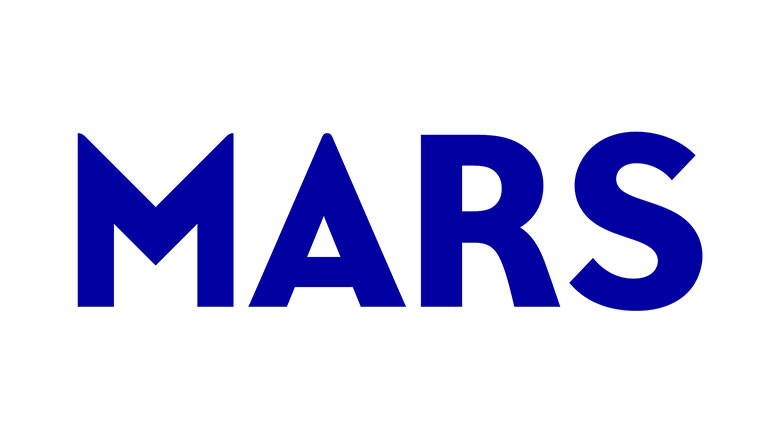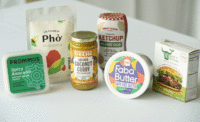Mars Tackles Climate Change Across Iconic Brands
The company intends to invest more than $1 billion over the next three years to drive climate action

LEARN MORE ABOUT CORPORATE SUSTAINABILITY STRATEGIES
Mars recently unveiled its innovative open-source action plan—the Mars Net Zero Roadmap—to accelerate action towards achieving Net Zero emissions. The Mars plan includes a new target to cut carbon in half by 2030 across its full value chain – which translates into cutting carbon by 15 million metric tons – the equivalent to taking nearly 3 million cars off American roads and highways.
Packaging is an essential part of the journey to get products into the homes of consumers—but in a perfect world, that packaging material never becomes waste. Instead, it's recycled, reused or composted. That's why Mars, the maker of some of the world's most beloved treats and snacks, is investing hundreds of millions of dollars to reimagine and redesign its packaging.
Two innovations in this area include improved club jars for M&M'S, STARBURST® and SKITTLES®, and theater boxes for M&M'S. M&M'S theater boxes are now fully recyclable in US with the removal of the traditional plastic overwrap. This sustainability step eliminates 98 metric tons of plastic waste a year, equal to the weight of a space shuttle headed into orbit.
Mars also partnered with packaging supplier Berry Global to launch new club jars that contain 15% recycled content, replacing about 300 tons of virgin plastic per year. The easy-grip square jars are produced at Berry's manufacturing facility, using a single-pellet, food-grade resin to assure a clean, consistent packaging material sourced from mechanical recycling. In addition to including recycled materials, the jar itself is also widely recyclable.
Available in three sizes, the new jars offer the same look and feel as previous jars – and the two larger sizes are 10 grams lighter per jar, saving 374 metric tons of carbon dioxide (CO2) every year. Those CO2 savings are equivalent to:
- 42,084 gallons of gasoline consumed
- 45,494,350 smartphones charged
-72.8 homes' electricity use for one year
Mars Food's Ben's Original brand—has made a commitment to sourcing 100 percent of its rice from farmers working toward more sustainable and climate-smart rice production practices, aimed at reducing GHG emissions, reducing unsustainable water use and increasing profitability for farmers. Mars is also a member of the Sustainable Rice Platform (SRP), a global alliance dedicated to helping small farmers grow rice sustainably and increasing their resilience to climate change.
The most notable practice being adopted here is a technique called "alternate wetting and drying," or AWD. AWD allows rice fields to dry out before irrigating, a groundbreaking method in an industry that has long relied on perpetually flooded fields. AWD not only saves water and emissions, but it also has financial benefits for individual farmers: By using these methods, farmers are also able to decrease their fertilizer input and irrigation costs.
Looking for a reprint of this article?
From high-res PDFs to custom plaques, order your copy today!




